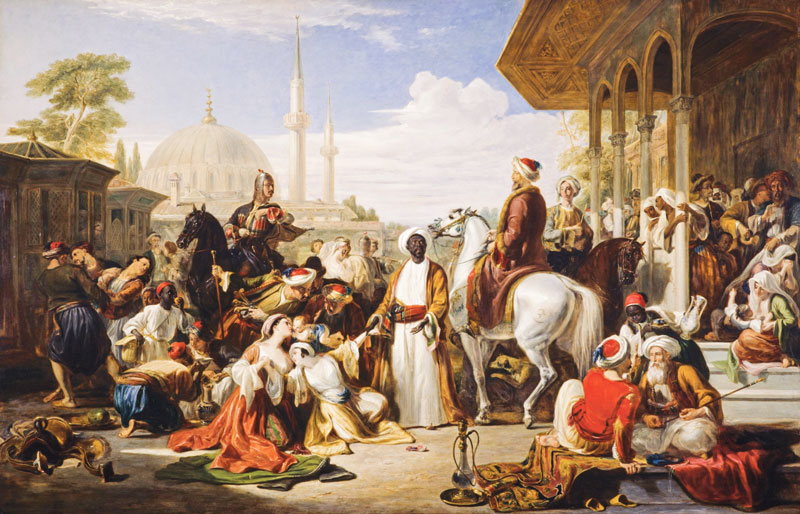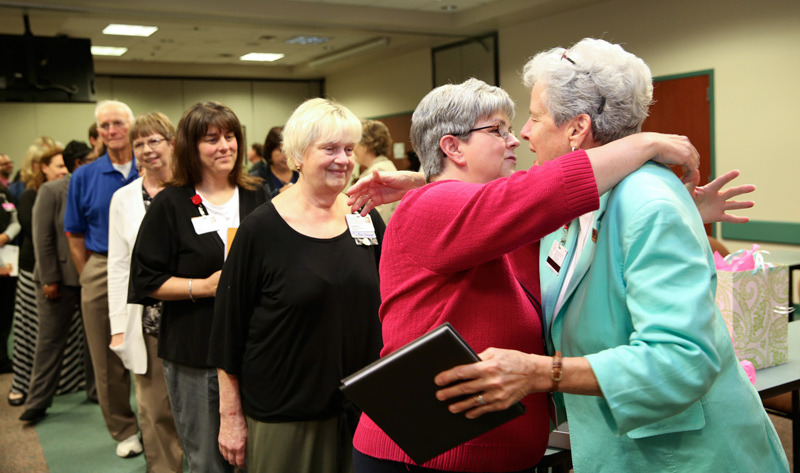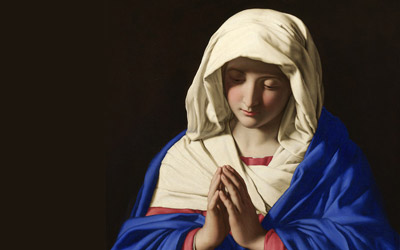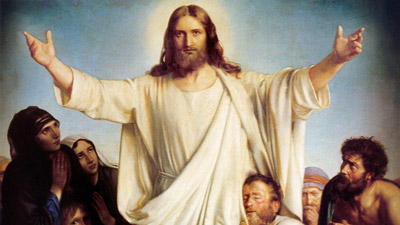
For the past two years, Georgetown University has been in the news in the aftermath of announcements that it would make reparation to the descendants of slaves sold in 1838. It seems that Jesuit priests then operating the college had slaves and decided that the way to stave off bankruptcy was to sell them. To this day, it comes as a shock to Catholics to realize that religious congregations and bishops (including bishops of Charleston) were slave owners and, later, secessionists.
The question always arises as to how conscientious Catholics could reconcile tacit or outright acceptance of slave-holding with their faith. Popes had, after all, condemned the slave trade from the 15th century on. The only explanation that has been offered for the continued toleration of slavery, even by well-educated Catholic leaders, was that they continued to read papal statements as allowing for the continuation of existing domestic slavery in America while objecting to seizing and trafficking Africans.
When we look at this interpretation today, we simply shake our heads. But perhaps the most important issue for us is not to weigh pros and cons about what Georgetown is doing or why. Instead, it might be wise for us to see how confronting history may prepare us to be more attentive to what is afoot in our own surroundings.
David Heisser and Stephen White, biographers of Charleston’s Bishop Patrick Lynch, note the esteem in which he was held and his many accomplishments as bishop. But he had slaves and supported the Confederacy. These biographers note: “He and his society suffered tragic disasters attempting to meet the sins of his time.” Like many of us today, he was oblivious to some of those sins.
We may be blind because what is commonplace seems acceptable. So many things are so normal that only the rare person questions them. We work and shop on Sunday, we don’t blink when mothers who are regular churchgoers let their teen daughters show up for formal events in dresses that are little more than lingerie, and we don’t notice that mass media blithely presents objectionable lifestyles as utterly fine. We deem gambling a form of recreation. We feel entitled to comfort, luxuries, travel, and the ability to claim bankruptcy if personal debt gets out of hand. We shrug when human rights are invoked in support of choices which are objectively wrong. We join in rancor and name-calling when elections are coming up. And we find it perfectly all right to invest shameful amounts of money in sports and entertainment.
In other words, we hear all the right things in church and in religious education and in our local Bible studies, but we live the American way. Perhaps the very least we can do is to realize that we are called by faith to challenge our culture’s — and any culture’s — presumptions and customs. That seems to be what Jesus suggests when he calls us to be in the world but not to belong to it.
Sister Pamela Smith, SSCM, is the Secretary for Education and Faith Formation at the Diocese of Charleston. Email her at psmith@catholic-doc.org.




